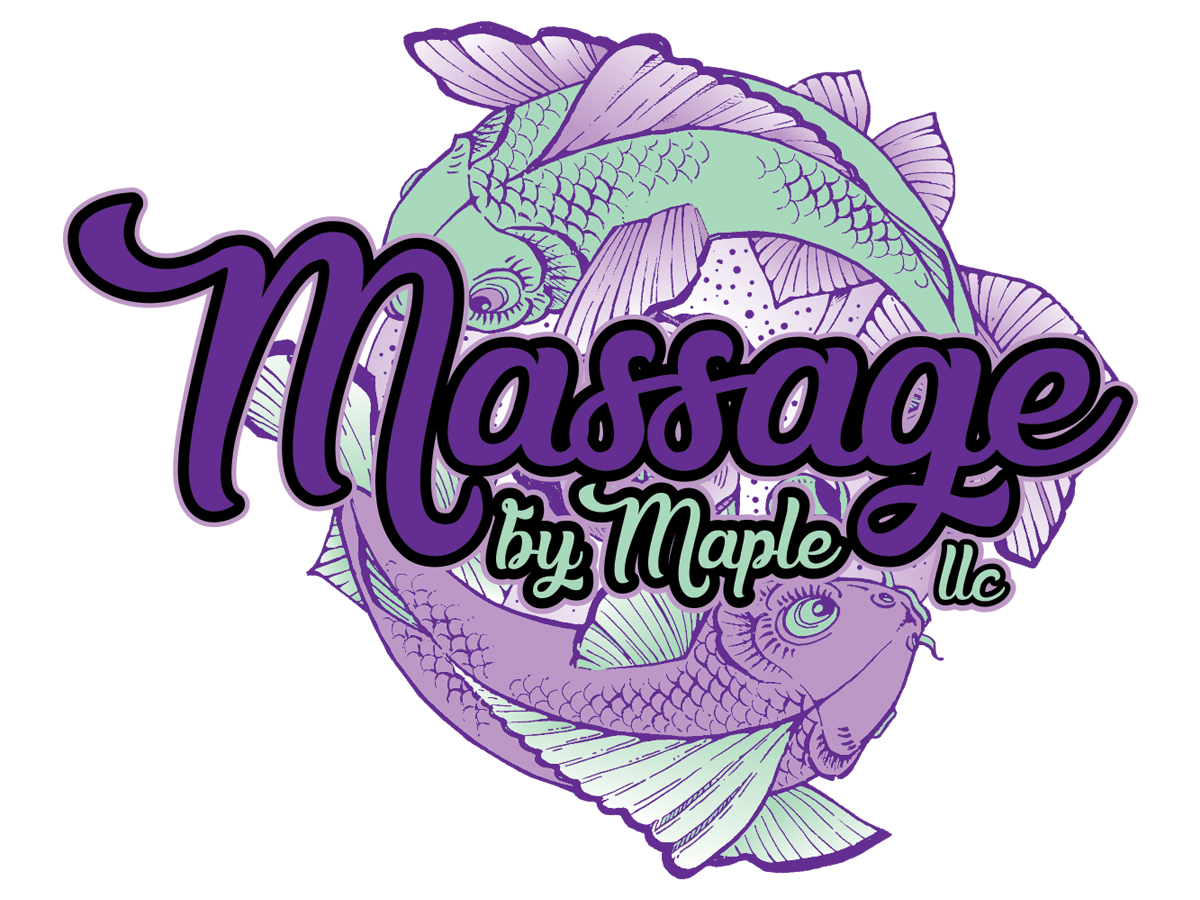
Stress is almost unavoidable, right? It’s just part of life. Whether you have a demanding job, a family to take care of, a lot of social obligations, a home to keep up with, or anything else in the everyday tasks of life, we’re all exposed to a ton of stress. We know stress isn’t good for us, but did you know it even affects your immune system? That’s because your brain and immune system are always communicating with each other.
Stress can be defined as a state of mental tension and worry caused by problems in your life, work and other areas. When you’re stressed out, your body goes into “fight or flight” and releases stress hormones. That’s great when you’re in a life or death situation, it gives you adrenaline to protect yourself. There is such a thing as good stress, the kind that does protect you physically, or even the smaller forms, like when you’re nervous for a job interview, test, or sports event; that boost of energy can allow you to do things you never thought possible. These types of stress are good because we can use them to our benefit, and they’re only for a short period of time.
Stress becomes harmful when it’s chronic. Your immune system is the first line of defense in protecting your body from bacteria, viruses, and other pathogens. Your organs, tissues, and cells all work together to fight harmful substances and protect you from getting sick. Stress can create chronic inflammation that harms these tissues, and at the same time suppresses the immune cells needed to fight infection. When your you’re in this ‘fight or flight’ mode, your body secretes the stress hormone cortisol. Normally it’s not a big deal when small bursts of stress are experienced. But chronically high levels of cortisol can suppress the immune system as well. This puts your body at higher risk for infection, disease, and acute illnesses. It also can slow down your body’s process of healing wounds, and cause an exacerbation of any underlying illness.
When you’re stressed for long periods of time, your body’s ability to fight off infections and potential dangers is highly diminished. Incorporating self-care can help to reduce your stress and allow your immune system to perform at its best. Self-care is a term we hear a lot these days and is sometimes thought of as frivolous. The long term effects though, show us that its actually the smart way to go about life. Obviously I am a HUGE proponent of regular massage. The now and then massage is better than nothing but keeping it part of your regular monthly self-care is the best was to help to reduce your stress and allow your immune system to perform at its best. Honestly though, you do you! There are so many great ways to partake in self-care, keep it up! Your immune system will thank you and you’ll be much more productive in all areas of your life!

 Whether you get regular massages to help with an injury, loosen your muscles after a training session, ease the pain of an injury or medical condition you’re experiencing, or just as pure relaxation, I want you to get the most out of your massage. There are ways to maximize the benefits of your massage, and there are ways that can have the opposite effect you’re going for. Here are a few dos and don’ts to help you get the most out of your massage.
Whether you get regular massages to help with an injury, loosen your muscles after a training session, ease the pain of an injury or medical condition you’re experiencing, or just as pure relaxation, I want you to get the most out of your massage. There are ways to maximize the benefits of your massage, and there are ways that can have the opposite effect you’re going for. Here are a few dos and don’ts to help you get the most out of your massage.